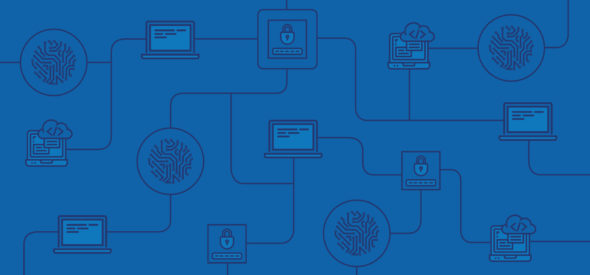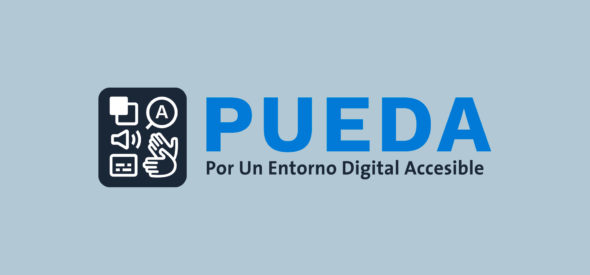ADC and RELE organize discussion on digital literacy and civic skills
On March 31, The Association for Civil Rights (ADC) and the Office of the Special Rapporteur for Freedom of Expression of the Inter-American Commission on Human Rights (RELE) held a virtual event in which experts in accessibility presented and discussed its link with digital literacy and the exercise of rights. The conversatory was broadcast on Twitter Space and Youtube, with subtitles and simultaneous interpretation in sign language.
The opening speech was given by Pedro Vaca, Special Rapporteur for Freedom of Expression of the Inter-American Commission on Human Rights, who highlighted that “the process of digitalization is occurring unequally and exclusively” and stressed the importance of this type of gatherings.
The discussion was moderated by María Sol Abichain, coordinator of ADC’s campaign PUEDA – For an Accessible Digital Environment, who invited to reflect on the convergence of digital literacy, accessibility and inclusion, and the importance of the digital sphere for the development of civic skills. She stressed the need to “incorporate the disability and accessibility perspectives in different areas”.
The panel included other professionals who took part in PUEDA: Gabriela Toledo (Disability Observatory – National University of Quilmes and academic coordinator of ADC’s research study), Emiliano Naranjo (referent in inclusive education and member of the National University of Hurlingham), and Pablo Lecuona (head of Tiflonexos Association). All three emphasized the opportunity given by the new scenario of mass digitalization after the COVID-19 pandemic to demand the mainstreaming of the disability and accessibility perspectives, so as to ensure the exercise of all people’s fundamental rights, especially those with low digital literacy.
While Pablo Lecuona referred to the low literacy levels and problems of access among the population with disabilities, stating this to be “vital to all aspects of civic life”, Gabriela Toledo pointed up the need to conceive this issue not only from the point of view of the user but also from the people designing and programming as well. Emiliano Naranjo concluded: “We need to work towards the aim thatall of us, whatever our level of literacy, can exercise our citizenship rights”.

